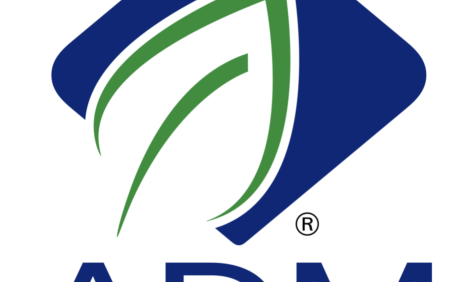NPPC applauds addition of costa rica to central america trade deal
WASHINGTON, D.C. - National Pork Producers Council (NPPC) President Jon Caspers today applauded President Bush and his trade negotiators for finalizing Free Trade Agreement negotiations with Costa Rica. Costa Rica will now be included in the Central America Free Trade Agreement (CAFTA).
|
Need a Product or service?
|
|
CAFTA negotiations had been concluded in December with the nations of El Salvador, Guatemala, Honduras, and Nicaragua. CAFTA will now eliminate all tariffs on pork and open the Costa Rican market in addition to these other markets for U.S. pork producers.
"Costa Rica wanted to exclude pork from the CAFTA but U.S. Trade Representative Ambassador Robert Zoellick and Chief Agriculture Negotiator Ambassador Allen Johnson, supported completely by President Bush and members of Congress on both sides of the aisle, did not let us down," said Caspers, a pork producer from Swaledale, Iowa. "Our future is heavily dependent on expanding access for U.S. pork in foreign market," he said. "Since 1995, when the Uruguay Round Agreement went into effect, U.S. pork exports to the world have increased 147 percent. While we remain focused on the World Trade Organization (WTO) agriculture negotiations as providing the greatest future potential payoff to our producers, we are very excited about the CAFTA agreement because it will provide significant new opportunity to our producers."
Under the terms of the deal there will be both immediate and phased-in concessions on pork and pork products. A significant tariff rate quota (TRQ) will be established through which the U.S. can immediately ship pork tariff free within the quota. The size of the quota will increase each year and the out-of-quota tariff will decrease over time. The quota and the tariffs will be eliminated after the 15-year phase-in period.
With respect to non-tariff issues, Caspers notes that some further work needs to be done to ensure that each of these countries recognize the U.S. meat inspection system and implement transparent import procedures. "The elimination of tariffs is very important but in order to have meaningful, commercial access we need to be sure that all impediments to moving pork - including sanitary, inspection, and licensing issues - are resolved," Caspers said. "We appreciate the substantial progress that has been made to date on these non-tariff issues. It is essential that these issues are resolved in a timely manner so that U.S. pork producers can be strong supporters of the CAFTA in the U.S. Congress."
Caspers was especially supportive of the conclusion of these negotiations because the United States did not water down the strong CAFTA provisions on pork in order to convince Costa Rica to join. "The government of Costa Rica was unable to conclude this agreement in December, and we understand that to that point Costa Rica had not been willing to eliminate their tariff on pork," he said. "We applaud our trade negotiators and the Administration for their unwillingness to permit Costa Rica to get a free ride on pork and on other products and issues of importance to the United States. In addition, we commend the Costa Rican negotiators as well. They told us in December that they needed to consult with their government in order to come back to the negotiating table and complete an agreement, and they delivered."
According to Caspers, U.S. government officials are to be commended for their hard work in completing these agreements. "We appreciate the hard work of Ambassador Zoellick and Ambassador Johnson and the staff of the U.S. Trade Representative's Office, as well as the hard work of Agriculture Secretary Ann Veneman and her staff at the U.S. Department of Agriculture," he said. "We also appreciate the support of many members of Congress on both sides of the aisle who went to bat for pork producers. " In addition, Caspers also acknowledged the National Pork Board for contributing research and analysis that supported the effort.
Source: National Pork Producers Council (NPPC) - 28th January 2004
















